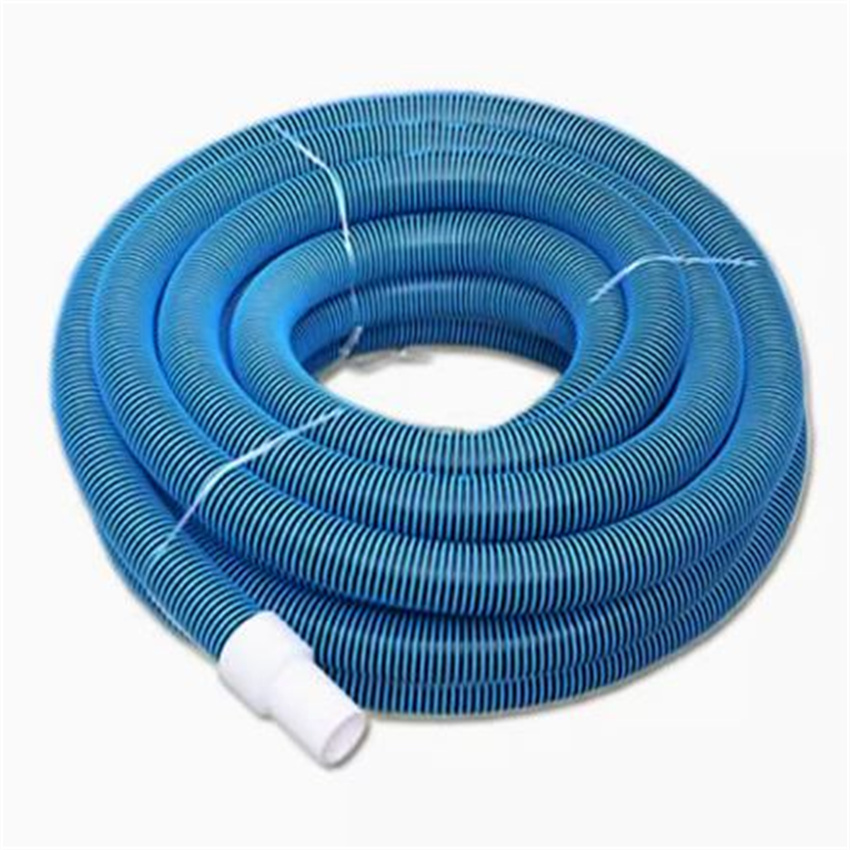steel pvc pipe
Understanding Steel and PVC Pipes A Comparative Study
When it comes to plumbing and construction, selecting the right type of pipe is crucial for ensuring durability and functionality. Two of the most commonly used materials are steel and PVC (Polyvinyl Chloride). Each material has its own set of advantages and disadvantages, and understanding these can help in making an informed choice based on specific application needs.
Steel Pipes
Steel pipes are renowned for their strength and durability. Typically made from carbon steel or stainless steel, these pipes can withstand high pressure and temperature, making them ideal for industrial applications such as oil and gas transportation, construction, and municipal water supply systems. Steel pipes have a long lifespan, often exceeding 50 years if maintained properly.
One of the main advantages of steel pipes is their resistance to physical damage. They can endure extreme environmental conditions and are less likely to burst under high pressure when compared to their plastic counterparts. Moreover, steel is a recyclable material, making steel pipes an environmentally friendly option.
However, steel pipes come with their own set of challenges. They are prone to corrosion if not properly coated or treated, especially when exposed to moisture. This necessitates regular maintenance and inspection to prevent leaks and structural failures. Additionally, steel pipes are heavier than PVC pipes, which can complicate transportation and installation, leading to higher labor costs.
steel pvc pipe

PVC Pipes
PVC pipes, on the other hand, are popular for residential plumbing and irrigation systems. Made from a type of plastic, these pipes are lightweight, easy to handle, and resistant to corrosion. One of the significant benefits of PVC is its cost-effectiveness; they are generally cheaper than steel pipes, both in terms of material and installation costs.
PVC pipes are also easy to install due to their lightweight nature and the availability of various fittings. They resist chemicals, making them suitable for a wide range of applications, from sewage systems to drainage and drinking water.
However, PVC pipes are not without their limitations. They are less durable than steel pipes and can become brittle over time, especially when exposed to UV light or extreme temperatures. While they can handle low to moderate pressure, they are not suitable for high-pressure applications. Additionally, PVC is a plastic material, and while it is recyclable, the environmental impact of production is a factor to consider.
Conclusion
In summary, the choice between steel and PVC pipes depends largely on the specific requirements of the project. If strength and longevity under high pressure are paramount, steel pipes may be the best choice. Conversely, for applications where cost and ease of installation are critical, PVC pipes would be more advantageous. Understanding the unique properties of each material will aid in making an informed decision that meets both functional and budgetary needs.
-
Top Quality Oxy Acetylene Hoses for Sale Fit for Welding DemandsNewsJul.28,2025
-
The Future of Pneumatic Air Tubes in IndustryNewsJul.28,2025
-
Superior and Reliable LPG Hose Pipe Solutions for Every NeedNewsJul.28,2025
-
Exceptionally Durable and Versatile Premium Braided PVC TubingNewsJul.28,2025
-
Best Adapters for Connecting Garden Hose to PVC Pipe ConnectionsNewsJul.28,2025
-
The Essential Role of LPG Hoses in Safe and Efficient Gas DistributionNewsJul.16,2025














